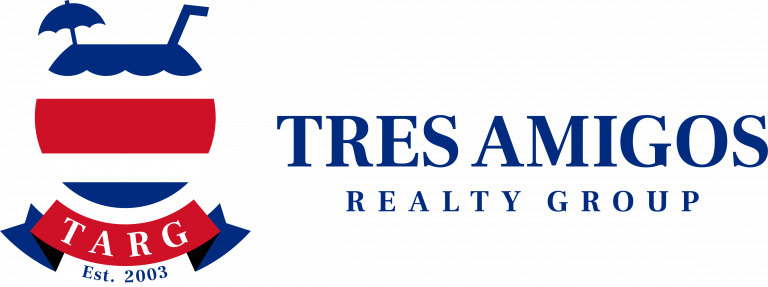The process of transferring money for the purchase of real estate in Costa Rica is an important aspect of your property transaction. There are quite a few key steps and considerations. This financial procedure involves various stakeholders, legal frameworks, and financial instruments to ensure a smooth and secure exchange of funds where both parties are protected.
Overview of how it all works
-
Initial Deposit (Earnest Money):
- The buyer typically initiates the transfer of funds with an earnest money deposit, demonstrating their serious intent to purchase the property.
- This deposit must be held in an escrow account. The escrow company must be registered by the Sugef which is the general superintendency entity of finance.
-
Purchase Agreement:
- A purchase agreement is drafted and signed by both parties.
- This document outlines the purchase price, closing date, and other pertinent details.
-
Escrow Process:
- The earnest money is held in escrow until the closing process is completed.
- During this time, both the buyer and seller fulfill their contractual obligations, such as inspections, title searches, and resolving any contingencies.
-
Down Payment:
- The buyer is typically required to make a down payment, which is a percentage of the purchase price (Normally 10% of the purchase agreed price).
- This amount is paid around 10 days after the purchase agreement is signed by both parties and represents the buyer's equity in the property.
-
Closing Day:
- On the closing day, the buyer, seller, and their respective representatives meet to finalize the transaction.
- The buyer provides the remaining funds needed to complete the purchase, and the seller transfers ownership through the delivery of a deed.
-
Wiring Funds:
- In most cases, funds for the purchase are transferred electronically through wire transfers.
- The buyer's bank facilitates the transfer of funds to the escrow company.
-
Title Transfer:
- Upon receipt of the full payment, the seller transfers the title of the property to the buyer through the execution of a deed.
As you can see, it is important to understand all the steps involved in transferring money for buying real estate in Costa Rica. It involves various financial transactions, legal procedures, and the coordination of multiple parties. It is imperative for both buyers and sellers to work closely with real estate professionals and legal advisors to ensure a secure and seamless transfer of funds during a real estate transaction.






